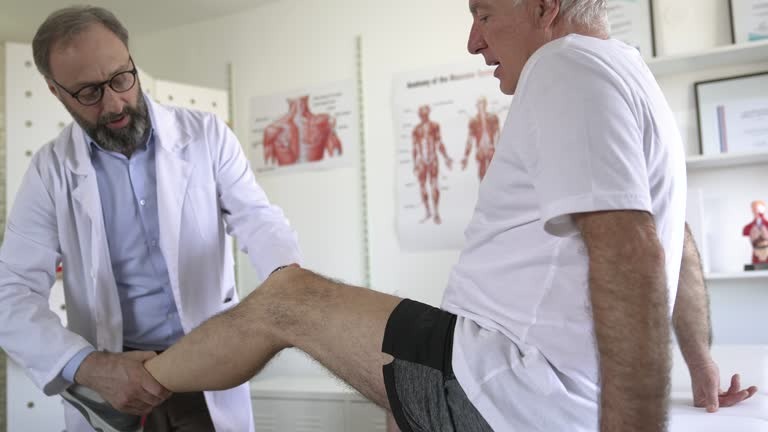Knee arthritis is a condition that affects millions of people worldwide, causing pain and discomfort that can severely limit mobility. This condition occurs when the cartilage in the knee joint wears away, leading to bone on bone contact which can be incredibly painful and debilitating. In some cases, this degeneration progresses to such an extent that surgery becomes necessary.
A renowned knee injury doctor from Houston explains how this process unfolds and why surgery might be needed for those suffering from severe knee arthritis. The first sign of knee arthritis is often pain or stiffness in the joint, especially after periods of rest or inactivity. As the disease progresses, these symptoms may become more pronounced and persistent.
When conservative treatments like physical therapy, medication management, lifestyle changes fail to provide relief or slow down the progression of arthritis, surgical intervention may become necessary. There are several types of surgeries available for patients with severe knee arthritis.
The most common type is total knee replacement (TKR), where both sides of your knee joint are replaced with artificial components made from metal alloys and high-grade plastics designed to mimic natural movement as much as possible. Partial knee replacement (PKR) is another option where only one side visit our site of your knee joint gets replaced.
Another less invasive procedure called arthroscopy involves making small incisions around your affected area through which a miniaturized camera and other instruments get inserted into your joints for diagnosing and treating problems within it without opening up entire joints like traditional surgery methods.
Surgery isn’t always a guaranteed solution for every patient with severe osteoarthritis; each person’s body responds differently to treatment options based on various factors like age, overall health condition etc., hence it’s crucial consulting experienced professionals before deciding upon any major decisions regarding health matters such as undergoing operations etc.
Knee surgeons also emphasize preoperative planning – including strengthening exercises for muscles around knees so they’re better prepared handling post-surgical recovery processes effectively while minimizing chances for complications arising during these periods.
The knee injury doctor from Houston also explains that while surgery can significantly improve the quality of life for patients with severe arthritis, it is not without risks. Potential complications include infection, blood clots, and continued knee pain. Rehabilitation after surgery is a lengthy process and requires dedication to physical therapy to regain strength and mobility.
In conclusion, severe knee arthritis can indeed lead to surgery when other treatments fail to provide relief. It’s a decision that should be made in consultation with experienced medical professionals who can guide patients through the process and help them make informed choices about their health. While it’s not without its challenges or potential risks, surgical intervention has proven beneficial for many people suffering from this debilitating condition.



